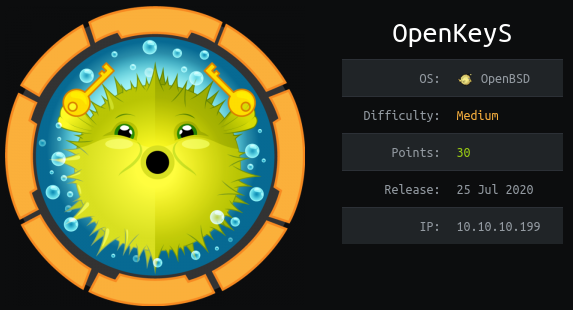HTB: The Notebook
Posted on 01 Aug 2021 in security • Tagged with security, boot2root, HTB, JWT, docker, CVE-2019-5736, CVE • 4 min read

This is a writeup about a retired HacktheBox machine: TheNotebook publish on Mars 6, 2021 by mostwanted002. This box is rated as a medium machine. It implies a JWT token, some PHP files and a docker exploit.
Continue reading


